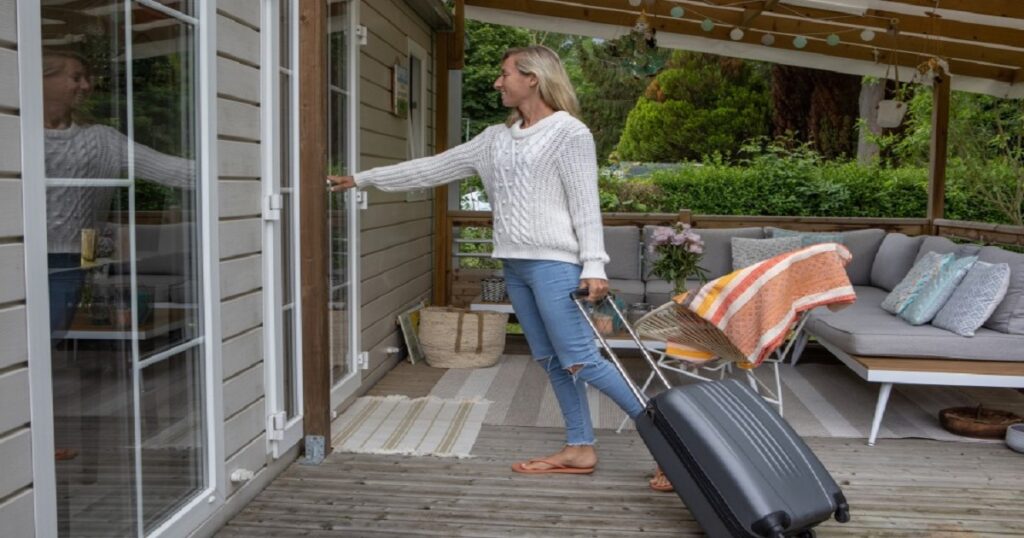Understanding the Tax Rules for Short-Term Rentals

The rise of short-term rental platforms like Airbnb has made it easier than ever for Australians to earn extra income by renting out a spare room or even their entire home. While this can be financially rewarding, many property owners are unaware of the tax obligations that come with it. Understanding these implications can help you avoid unexpected tax bills and penalties.
Declaring Rental Income
If you rent out all or part of your home through a digital platform, the Australian Taxation Office (ATO) requires you to declare this income on your tax return. Keeping detailed records of all rental income and associated expenses is crucial to ensure compliance.
Most short-term rental arrangements don’t qualify as a business, even if you offer additional services like cleaning or breakfast. However, they are still subject to tax rules, including income tax and potential capital gains tax (CGT) implications.
Capital Gains Tax (CGT) implications of renting out your home
One area that often catches property owners off guard is capital gains tax (CGT). While your main residence is usually exempt from CGT, renting out part of your home can reduce this exemption. The reduction is based on:
- The portion of the property rented (e.g., the floor space used).
- The duration of the rental period.
If you sell your property in the future, this could significantly impact your tax position.
However, under certain conditions, if you temporarily move out of your home to live elsewhere, you may still retain your full CGT exemption.
Claiming tax deductions for renting out your home
You can claim deductions for expenses related to the rented portion of your property, including:
- Council rates and utilities
- Loan interest
- Property insurance
- Cleaning and maintenance costs
- Platform fees and commissions (e.g., Airbnb service fees, often 100% deductible)
The deductible amount is determined by the percentage of the property rented and the length of time it was rented during the financial year.
The importance of record-keeping
Maintaining accurate records is essential. The ATO requires:
- Statements from rental platforms showing income received.
- Receipts for expenses you intend to claim as deductions.
Without proper documentation, you risk having deductions disallowed during an ATO review or audit, potentially resulting in additional tax liabilities.
ATO scrutiny on short-term rentals
The ATO has increased its focus on the sharing economy, particularly short-term rental arrangements.
With sophisticated data-matching technology, the ATO can cross-check tax returns with records from platforms like Airbnb, making undeclared income more likely to trigger an audit.
Failing to declare your rental income can result in penalties and interest charges, which may significantly impact your finances.
Get Expert Advice
Tax rules surrounding short-term rentals are complex.
To ensure you’re meeting your obligations while maximising deductions, consider speaking with a qualified accountant or other tax professional. They can provide tailored advice, help set up proper record-keeping systems, and ensure you remain compliant with ATO regulations.
By staying informed and proactive, you can make the most of your short-term rental income, without any unexpected tax surprises!
For expert advice and assistance in dealing with your Personal Property Tax in Australia, please contact Mathews Tax Lawyers on 1800 685 829
Disclaimer: The information on this page is for general information purposes only and is not specific to any particular person or situation. There are many factors that may affect your particular circumstances. We advise that you contact Mathews Tax Lawyers before making any decisions.
